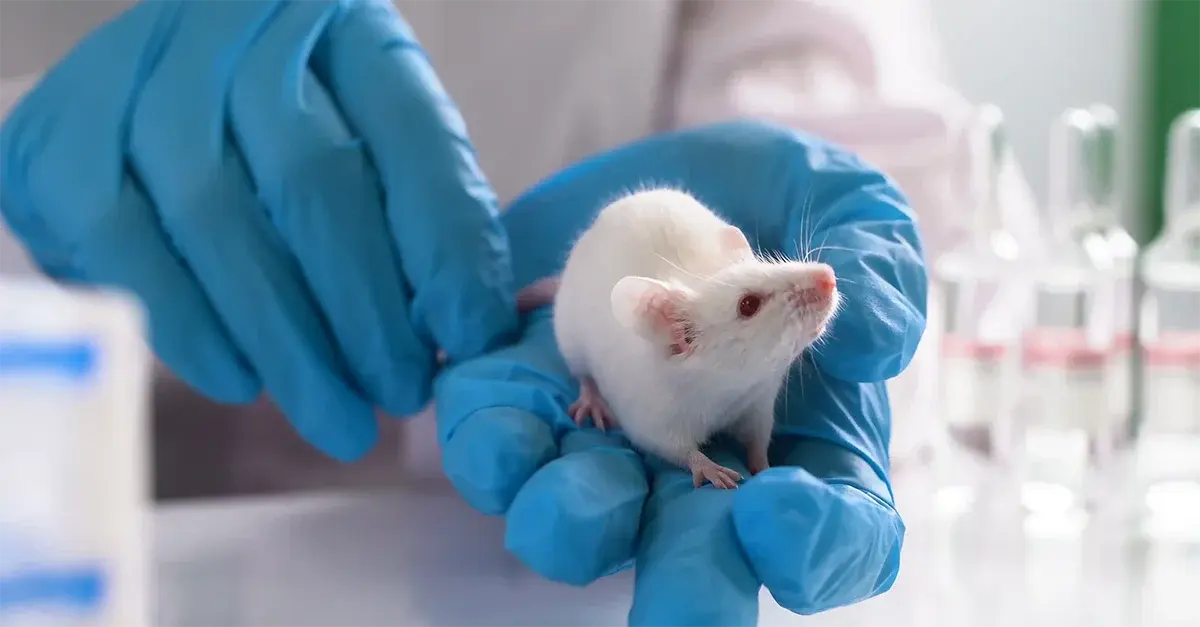September 30, 2021
September 30, 2021
Pharmaceutical companies spend massive amounts of money on drug development. Regardless of a firm’s size, the investment is substantial; the smallest error can have catastrophic consequences, especially for small firms. As an example, this article from the Wall Street Journal discussed contamination in cell lines. “Scientists who think they are studying liver cancer, for example, are in fact doing nothing of the sort.” The article goes on to explain that this type of contamination is causing what is being called the ‘reproducibility crisis,’ which refers to “studies whose results can’t be duplicated and are untrustworthy if not invalid.”
One of the problems this highlights is the need for ever vigilant monitoring of both nonclinical and clinical studies. As this issue is being faced by more and more firms across the world every day, there must be some way to overcome these hurdles and conduct a successful and reliable study on the first try. The only way to do this is by constantly monitoring the development program. Many firms don’t see the need for this, or are concerned about the short-term budget impact.
Yet, the cost of failure is far greater than the cost associated with finding an issue and fixing it before it becomes critical. Having independent verification of your results only strengthens the development effort. As the WSJ article points out, many studies can’t be replicated and this can cost a lot of time and money. These issues can be avoided.
ProPharma Group can help you avoid this issue. Because we are independent, we know what to look for and what pitfalls to avoid. We can help ensure that your research and clinical studies are conducted in a respectable and compliant manner, which will help you obtain FDA approval for your product in less time and for less money.
How do we do this? By integrating successful Good Development Practices into both the regulatory submissions and GxP parts of our business, we provide our clients a comprehensive quality approach to drug and device development, aimed at reducing unforced errors. The focus of our work is developing drugs in a rational manner designed to create usable and approvable data. This includes:
These are challenging tasks and you must do them all correctly. ProPharma Group has a long history of helping our clients achieve successful interactions with FDA. Our proprietary approach, which combines a deep scientific understanding with an extensive regulatory background, can help ensure that your product meets all of FDA’s regulations and requirements.
TAGS: Regulatory Sciences
January 19, 2021
The process of drug development involves clinical and nonclinical studies. Nonclinical studies are considered crucial for understanding the safety of new drugs. Before testing a drug in people,...

July 9, 2024
What is the Animal Rule? The Animal Rule, a regulation set by the US Food and Drug Administration (FDA), applies to the development and testing of drugs and biological products intended to reduce or...